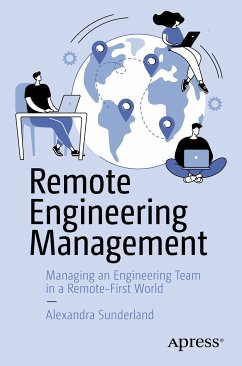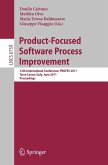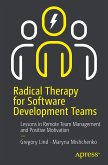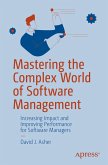How do you organize code deployments, onboard new hires, give feedback, and stay up to date with your team when you can't see each other in person every day? This book looks at how building connections and working together to solve problems comes naturally when a team is co-located, but can feel almost impossible when everyone is working remotely and communicating over video calls and messages.
Whether you're an experienced engineering manager or just getting started, you'll learn why copying in-office practices to the remote office doesn't work, the communication issuesbehind the scenes you may not even realize are happening, and how to make every aspect of remote work better for your team. From learning about how to remove new remote-specific biases from your interview process, to understanding what the team really thinks about those daily status update meetings, this book will be your guide in creating the best and most inclusive version of your engineering team.
You will:
- Recognize where current remote processes are falling short
- Build up best practices to lead a team with a people-first and empathetic approach
- Communicate effectively in a remote organization
Dieser Download kann aus rechtlichen Gründen nur mit Rechnungsadresse in A, B, BG, CY, CZ, D, DK, EW, E, FIN, F, GR, HR, H, IRL, I, LT, L, LR, M, NL, PL, P, R, S, SLO, SK ausgeliefert werden.









